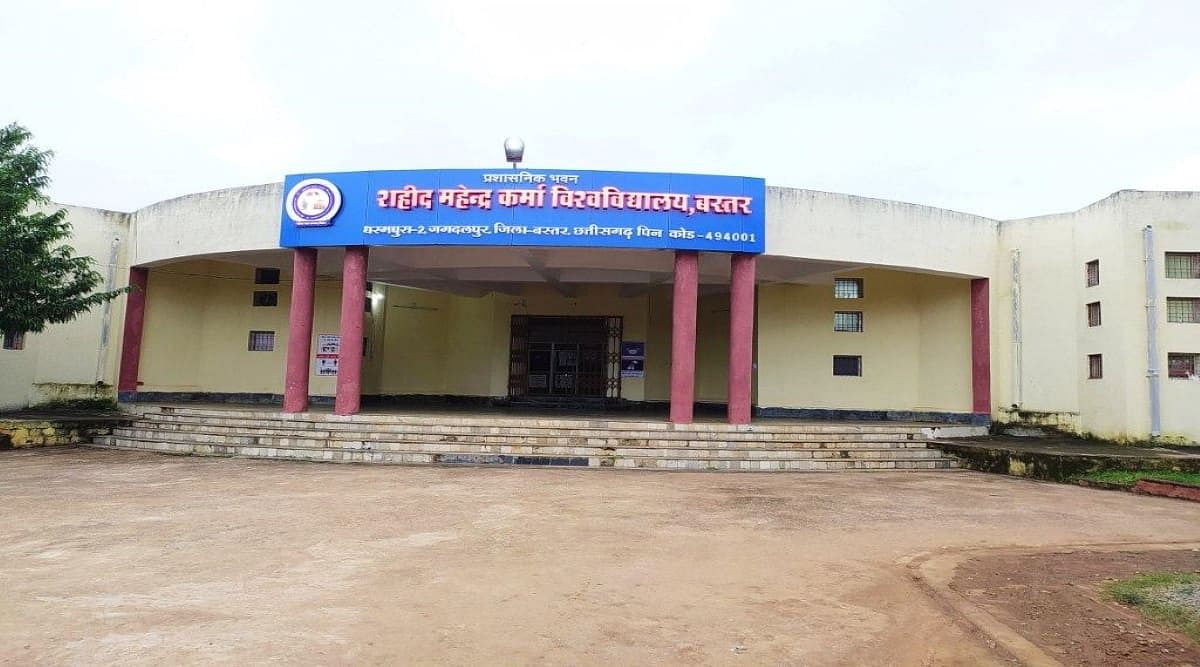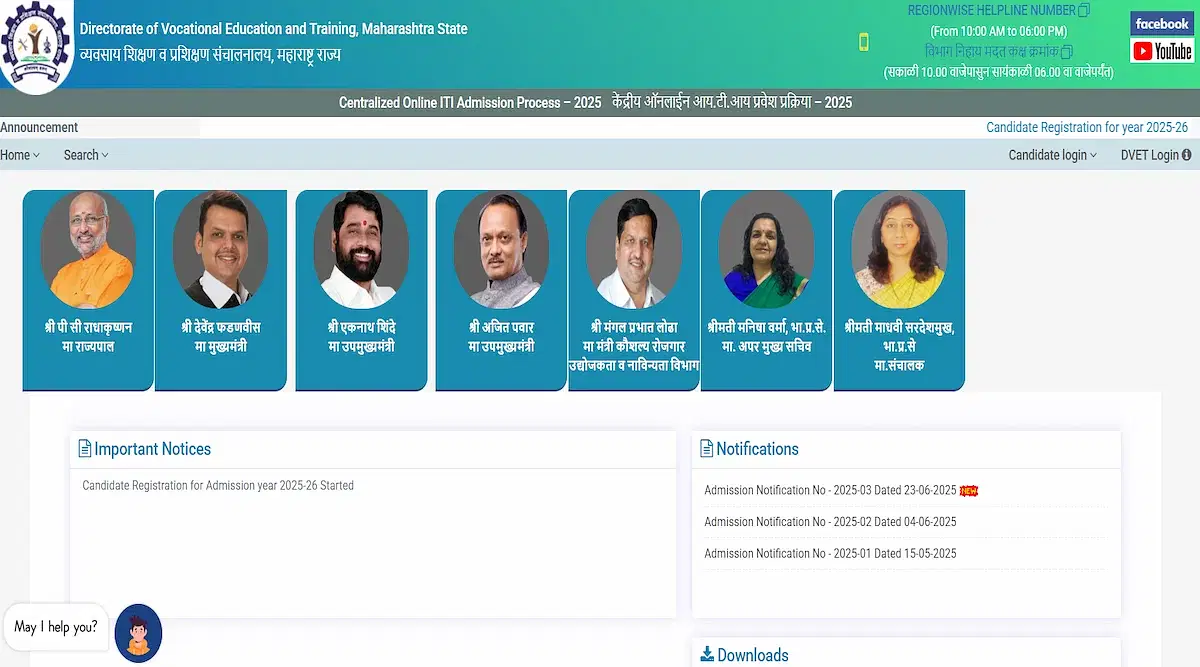Students are often confused about Autonomous, Deemed, Private, State and Central Universities. Know about the difference and list of top universities.
Table of Contents
After completing the level of education, finishing high school, students enter the university stage. Choosing a university requires complete knowledge of autonomous, deemed, private, state, and central universities.
Central universities are established by a parliamentary act and report directly to the Indian Ministry of Education. On the other hand, State universities, the state is responsible for ensuring that adequate endowments and funds are available.
Autonomous universities are branches of a state or central university that have autonomy over their courses, programs, fee structure, and pedagogy. While Deemed universities are the institutes that the MHRD grants autonomy on the advice of the UGC due to their outstanding academic performance. Moreover, Private universities have complete control over their courses and exams and the diplomas they issue to their students.
Know the Difference: Autonomous, Deemed, Private, State, and Central Universities
All higher education institutes in India are governed by the University Grants Commission Act, UGC Act 1956, which is enforced to coordinate, define and maintain the standards of higher education learning.
The key differences between autonomous deemed private state and central universities are mentioned below:
| Type of University | Definition | Examples |
| Autonomous | Branches of a state or central university have autonomy over their courses, programs, fee structure, and pedagogy | ISB, IIT-A, MANIT |
| Deemed | Universities that the MHRD has granted autonomy on the advice of the UGC due to their outstanding academic performance | BITS, GITAM, PEC |
| Private | Universities that have complete control over their courses and exams | Amity University, LPU, SRMIST |
| State | Those universities in which the state is responsible for ensuring the adequate endowments and funds | University of Mumbai, University of Calcutta, University of Jadavpur |
| Central | Universities established by a parliamentary act and report directly to the Indian Ministry of Education | Aligarh Muslim University, Central University of Punjab, Guru Ghasidas Vishwavidyalaya |
Total No. of Universities in India
There are mainly five types of universities. These are Central Universities, State Universities, Deemed Universities, Private Universities and Autonomous Universities and makeup to 1022. These types are discussed further below:
| Universities | Total No. |
| State Universities | 443 |
| Deemed to be Universities | 126 |
| Central Universities | 54 |
| Private Universities | 399 |
| Total | 1022 |
Universities under 12-B
| Universities | Total No. |
| State Universities | 259 |
| Deemed to be Universities | 49 |
| Central Universities | 54 |
| Private Universities | 21 |
| Total | 383 |
Central Universities
These universities are established under an Act of Parliament and report directly to the Indian Ministry of Education. As of December 2021, there are 54 central universities in India.
Salient Features of Central Universities
- They are in charge of their own admissions process.
- They have the option of selecting their curriculum.
- They are the ones that are in charge of their university exams.
Some of the central universities in India are:
- Aligarh Muslim University
- Central University of Punjab
- Guru Ghasidas Vishwavidyalaya
- Rajiv Gandhi University
- Jamia Millia Islamia
- Sikkim University
- IGNOU
- JNU
- Mahatma Gandhi Central University
State Universities
These universities are created and funded by the state. Universities are established or established under state law. Today, there are 443 public universities in India. The state is responsible for maintaining state universities with adequate endowments and funds. State universities must also comply with UGC rules and guidelines, although UGC grants state governments only in particular circumstances.
Salient Features of State Universities
- They have complete control over their admissions process.
- They organize university Exams.
- They are allowed to choose their educational path.
Some of the most popular state universities are:
- University of Mumbai
- University of Calcutta
- University of Jadavpur
- University of Panjab
- University of Osmania
- University of Hyderabad
- Andhra University
Deemed University / Deemed-to-be- University
These include universities that the MHRD has granted autonomy on the advice of the UGC based on their excellent performance in academics. An educational institute receives the title of prestigious university when it provides outstanding quality of education and knowledge to its students.
These universities also offer world-class research facilities. Presumptive university status is granted to a higher education institution by the Department of Human Resources Development on the recommendation of the UGC. Reputable universities follow the guidelines set forth by UGC but have a certain autonomy in matters such as course design, curriculum, exams, etc.
Salient Features of Deemed Universities
- They're in charge of their admission procedure.
- They are allowed to choose their academic plan.
- They are solely responsible for their university exams.
Some universities may also abuse this autonomy by implementing policies that may not significantly benefit students. Therefore, it is essential to research institutes, courses, research facilities, internship facilities, etc., before being admitted to a prestigious university.
Some of the deemed universities are:
- BIT Jharkhand
- GITAM
- Punjab Engineering College
- Maharishi Markandeshwar University
- Christ University
- Jawaharlal Nehru Centre for Advanced Scientific Research
- ICFAI Foundation for Higher Education
- Jamia Hamdard
- National University of Educational Planning & Administration
- Gujarat Vidyapith
Private Universities
These universities have autonomy over their courses and exams and award their students' diplomas.
Salient Features of Private Universities
- Students can earn degrees if they meet specific requirements.
- They have their own admissions system.
- They are free to design their curriculum.
- They are in charge of their university examinations.
Some of the private universities in India are:
- VIT Vellore
- Amity University Noida
- LPU
- SRM Institute of Science and Technology
- Chitkara University
- IIIT Hyderabad
- BITS Pilani
- Sharda University
- O.P. Jindal Global University
- Ashoka University
Autonomous University
Autonomous universities are autonomous branches of a state or central university that have the freedom to decide on their courses, programs, fee structure, and pedagogy. However, he cannot award a degree in his name. Degrees are awarded under the name of the parent university.
Salient Features of Autonomous Universities
- They have their own admissions process.
- They have the freedom to design their lesson plan.
- They are in charge of their university exams.
Some of the autonomous universities are listed down:























POST YOUR COMMENT